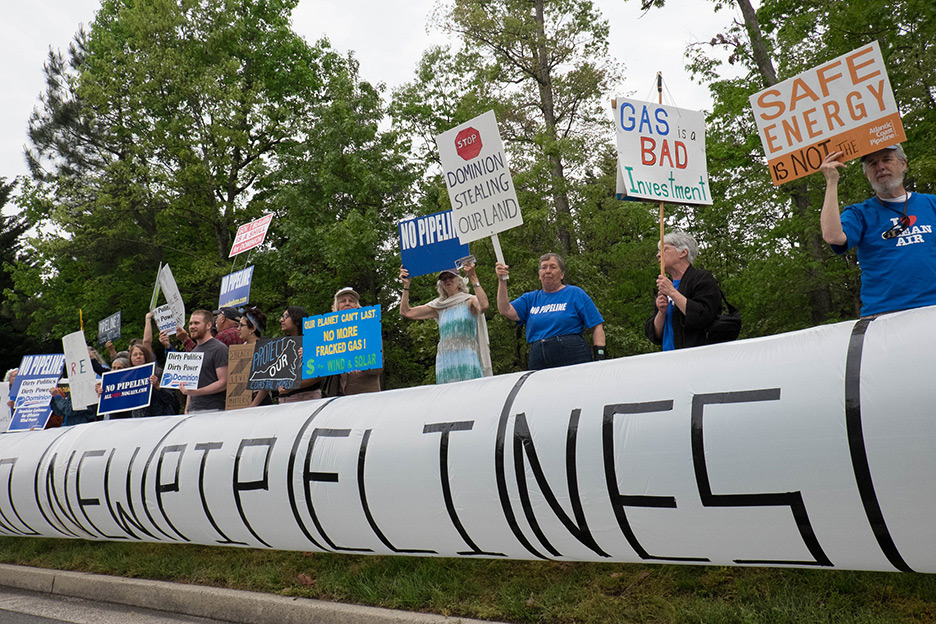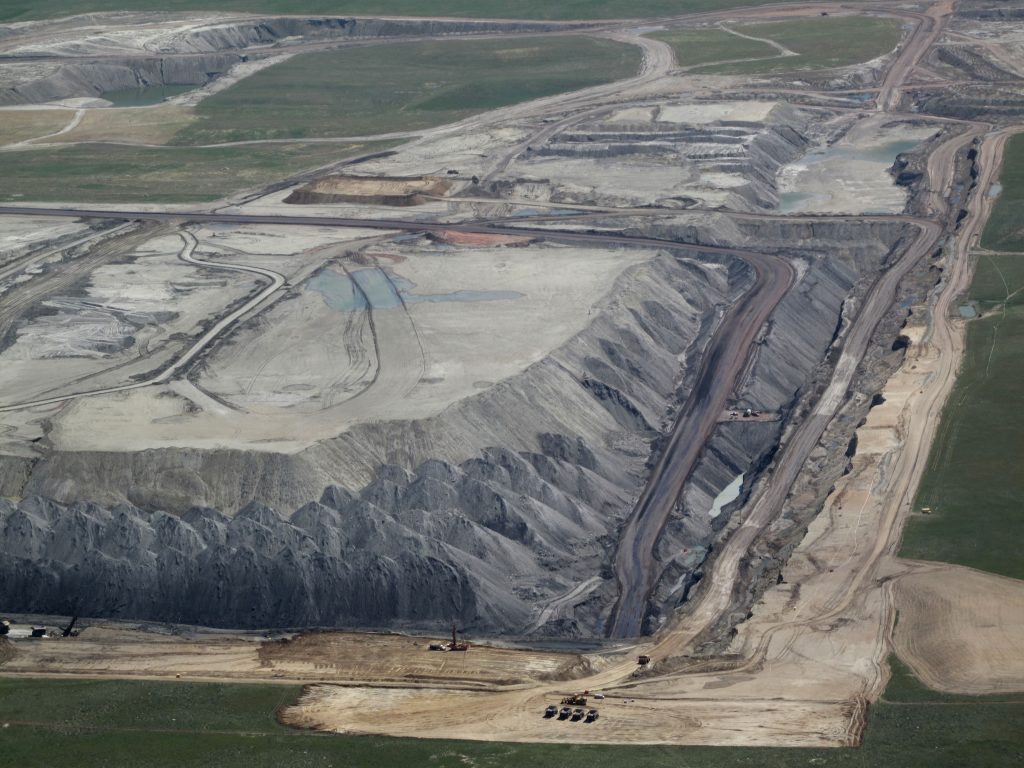Cleaning Up Coal Ash
For well over a century, power plants across the country have burned coal to generate electricity. And for just as long, leftover coal ash has been dumped in open, unlined pits near the power plant, usually located on a river or lake. Every year, U.S. power plants produce 130 million tons of coal ash, which is the second largest waste stream in the country after municipal garbage.
Coal ash concentrates the toxic heavy metals found in coal, including arsenic, mercury, lead and selenium. Stored in unlined, wet impoundments, coal ash has been leaking these toxics into our groundwater and surface waters for years. Sometimes these impoundments collapse — with disastrous results.
Yet government regulations for coal ash management are either non-existent or sparse, and there is little enforcement of the regulations that do exist. In North Carolina, this lack of oversight — and the complicity between state regulators, elected officials and Duke Energy — came to a boiling point in February 2014 when one of Duke’s coal ash impoundments spilled 39 million tons of ash into the Dan River.
Citizens living near North Carolina’s 33 coal ash impoundments — all of which have leaked — have fought for transparency from Duke and the state, and for cleanup of the pollution that threatens their property value, health and family. Their actions forced this issue into the headlines of news networks and to the forefront of environmental justice conversations in the United States.
Appalachian Voices stood with these communities as we worked for years to compel Duke Energy and the N.C. Department of Environmental Quality to excavate coal ash from all the North Carolina sites and dispose of it either in lined, dry landfills, away from waterways, or by recycling it for concrete or other uses, provided it’s done in a manner that protects public health and the environment.
On Jan. 2, 2020, North Carolina announced a historic settlement with one of the state’s most powerful corporations and polluters, Duke Energy. The settlement requires Duke to move nearly 80 million tons of toxic coal ash at six of its power plants to properly lined landfills onsite or recycle it.

Learn information about specific coal ash impoundments in the South, including health threats and safety ratings:
Additional Resources
Fact sheets, videos, links to academic research, and more
Sign Up to Act
Help us protect the health of our communities and waterways.
Latest News
With your help, Virginia legislation can protect our water from pipelines
We’ve resisted the Mountain Valley and Atlantic Coast pipelines for more than three years. Now Virginia lawmakers need to hear our voices to ensure that legislation to better protect landowners and water resources from fracked-gas pipelines becomes law.
Va. bill on electric rates a bad deal for consumers
CONTACT: Cat McCue, Communications Director, cat@appvoices.org, 434-293-6373 The…
A conversation about co-ops
Electric co-op members in Cumberland Gap learn their rights in a special community forum by our Energy Savings for Appalachia team.
5 graphs explain coal in Trump’s first year
The Trump administration claims an uptick in coal production shows its anti-regulatory agenda is working —
ignoring the fact 2017 was an outlier and coal’s long-term trend is downward. Meanwhile, coal communities across the country need better policies now to help diversify their local economies.
MLK Day of Service
On Saturday, January 20, students at Appalachian State University joined with Appalachian Voices for the annual MLK Challenge, a day of community outreach in honor of Dr. Martin Luther King, Jr.
Controversy in Va. mounts as Dominion bill nears a vote
Dominion Energy is at it again, using its political influence to push legislation that would weaken regulatory oversight and boost profits at the expense of its Virginia customers. But this time something is different. The corporate giant is being met with significant opposition.










